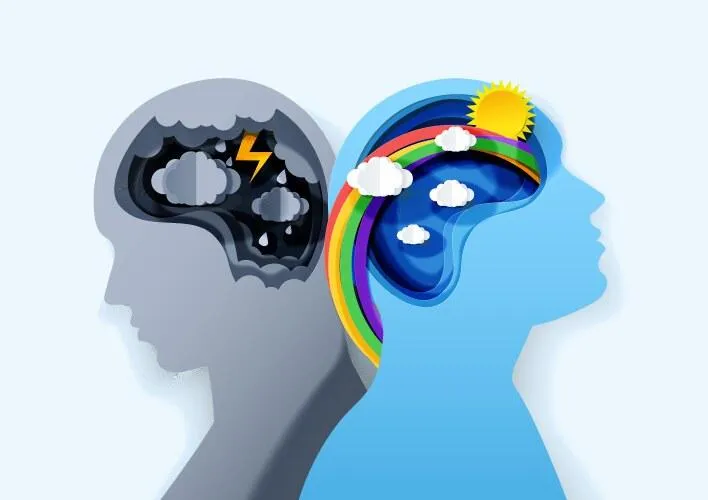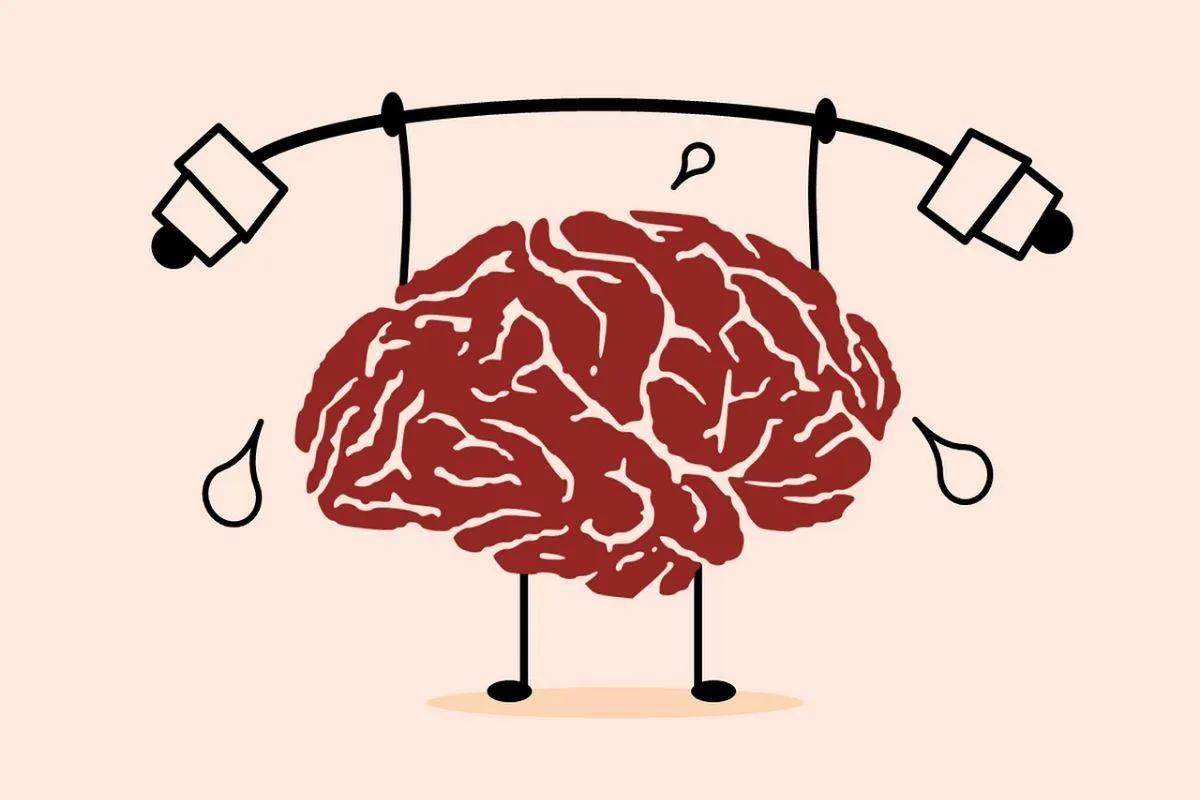How a Positive Chatterbox Shapes Child Behaviour and Emotional Development - Michael Vaughan
Discover how positive thinking can boost your child’s emotional wellbeing, improve behaviour, and build resilience. Learn strategies from leading Registered Psychologists specialising in child development.

The Power of Positive Thinking in Child Development
Helping children develop a strong sense of self and emotional wellbeing is essential for their overall mental health. One of the most powerful tools in shaping how children view themselves and the world around them is positive thinking. While it might sound simple, teaching positive thinking skills can significantly influence a child’s emotional development, behaviour, and long-term mental health.
What is Positive Thinking for Children?
Positive thinking is more than just encouraging children to “look on the bright side.” It’s about helping them reframe challenges, develop emotional regulation skills, and build resilience. For children, learning to focus on their strengths and potential fosters healthy child behaviour and sets the foundation for emotional wellbeing. By integrating positive thinking into child development strategies, parents and educators can equip children with the tools to navigate difficulties with confidence and optimism.
The Connection Between Thoughts and Self-Perception in Children
Children are constantly building their self-image based on their experiences and how they interpret them. Negative self-talk — such as "I'm not good at this" or "I can't do it" — can erode confidence over time, contributing to child anxiety or feelings of low self-worth.
Positive Thinking Flips That Script.
Encouraging children to recognise their achievements, focus on their strengths, and approach setbacks as learning opportunities strengthens their emotional development. Over time, positive reinforcement helps shape a healthier, more resilient self-perception.
How Positive Thinking Supports Mental Health and Emotional Development
1. Breaks Negative Thought Patterns
Teaching children to identify and challenge negative thoughts is a key part of promoting
child mental health
Positive thinking interrupts these patterns and promotes a more balanced, solution-focused mindset.

2. Builds Resilience
Children who learn positive thinking skills are better able to bounce back from disappointments, supporting strong
resilience
and reducing the risk of developing
childhood anxiety
or depression later on.

3. Enhances Social Skills and Self-Compassion
Positive thinkers tend to be more compassionate — not only toward others but also toward themselves.
Social skills development
is enhanced when children view mistakes as part of the learning process rather than personal failures.

4. Promotes Growth Mindset and Academic Success
Especially for children with
learning difficulties, cultivating a positive, growth-focused mindset can make a significant difference in school performance and overall
school readiness
